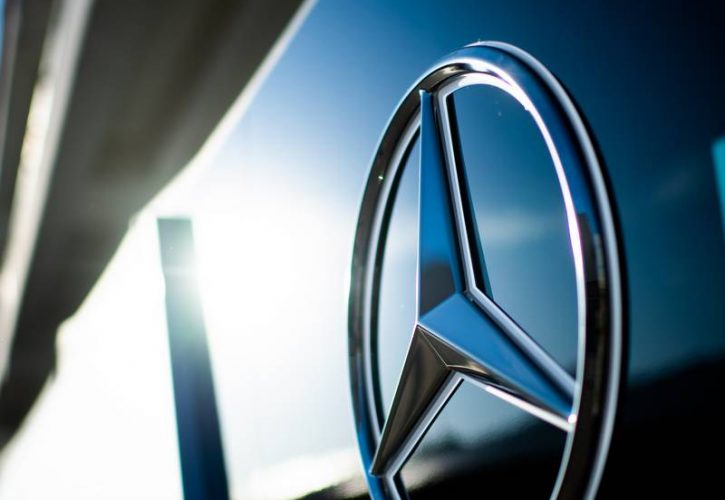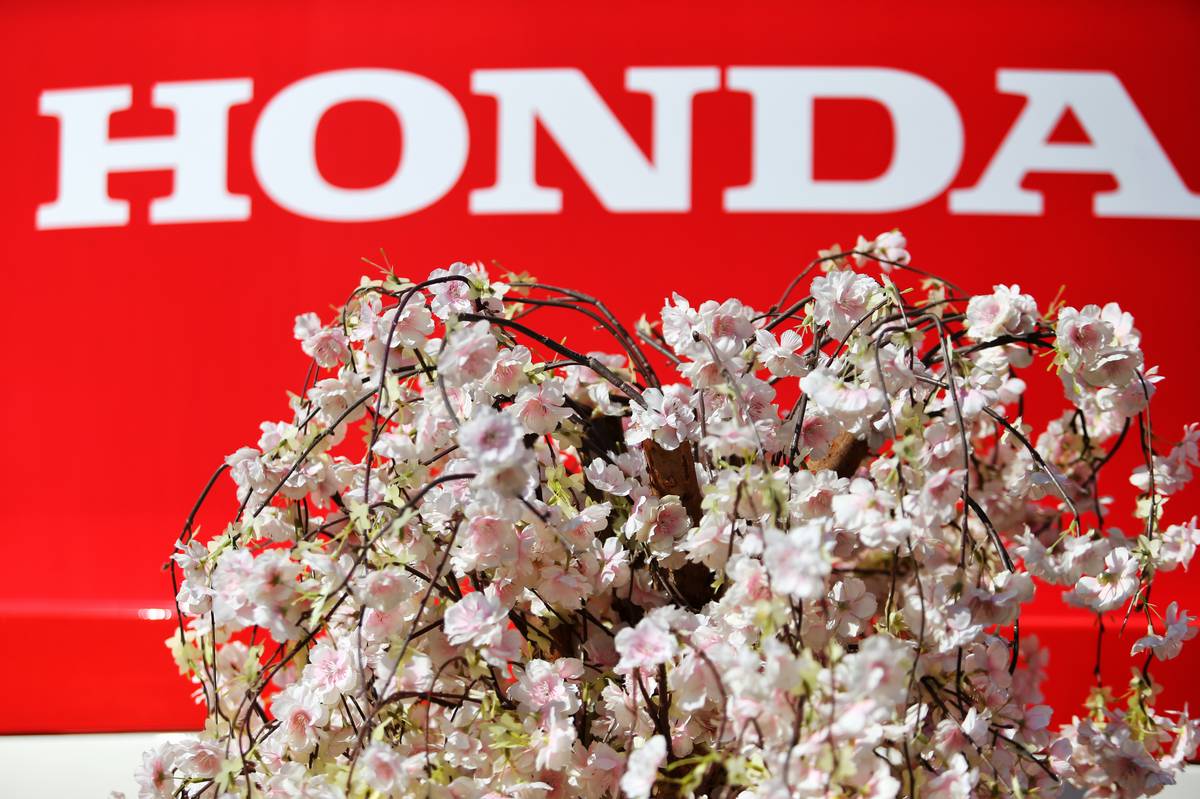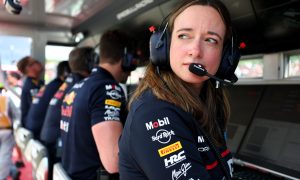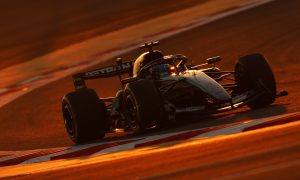
Mercedes team principal Toto Wolff has sounded a note of warning for any future original equipment manufacturers [OEM] considering entering Formula 1 in the future.
With Honda quitting the sport at the end of the current season, F1 is now dominated by Mercedes and Ferrari, with Renault continuing to provide power units to their Alpine team.
Red Bull and AlphaTauri will continue to licence Honda engine technology until new technical rules are introduced in 2026, which it's hoped will attract new car makers into the sport.
"The Volkswagen Group will soon make a decision to enter Formula 1 with its Audi and Porsche brands," the website F1-Insider.com reported this week.
"In November there will be a meeting of the supervisory board in Wolfsburg with the topic of Formula 1 on the agenda," the report added. "Insiders expect that the respective responsible persons will then get the green light for a commitment in the premier class from 2026."
Porsche looks set to collaborate with Red Bull under the banner of the team's new Powertrain Division, while is touted to be linking up with McLaren which currently uses customer power units from Mercedes.
"We want to make sure that we can stand on our own two feet with our ambitious project," said Red Bull motorsport consultant Dr Helmut Marko. "When partners join us, they are of course welcome."
But Toto Wolff pointed out that even with manufacturer-friendly regulations, coming into a sport as advanced as F1 will still be a tall order for newcomers who can't expect instant success without putting in the work.
"It's great we have strong OEMs that are showing an interest in coming to our sport," Wolff told the media last week.
"Obviously none of these major car companies want to come in and face a situation where they are highly uncompetitive.

"It's a fine balance we need to get right in order to attract newcomers as power unit manufacturers," he continued. "We need to have systems in place that mitigate these very big risks.
"On the other side, Formula 1 is the Champions League. Nobody can expect to enter the Champions League for the first time and go straight into the final and go home with the biggest trophy.
"Everybody has had to fight their way up in order to eventually win races and championships," he added. "We've been there a long time, invested lots of money, sweat, blood and terrible results in order to get us where we are.
"In the past that's what many OEMs have misunderstood. If you look at Toyota, BMW and Honda, all the money, all the resource is irrelevant if you don't give the project enough time."
Mercedes itself struggled when it returned to the sport as a works team in 2010, but the modern hybrid engine era has seen Mercedes go on to win an unprecedented seven consecutive world championships.
This year the Honda-powered Red Bull is vying to take the title in the closest battle in a decade despite the Japanese manufacturer initially suffering a dismal reunion with McLaren.
"Everybody who joins F1 as a team or as a power unit manufacturer misunderstands this needs time," said Wolff. "The fact that it is not easy to win makes the sport so attractive."
The sport's new technical rules will try and make it more financially viable for new OEMs coming into the sport, and also bolster F1's environmental credentials.
"We all agree on the sustainability concept going forward but what needs to be defined is the detail," Wolff explained. "But the global concept is clear."
A key bone of contention in the talks to define the new rules is the complex MGU-H component. There are also discussions over F1's new fuel strategy and a switch to biofuels or sustainable fuels.
“At the top of our priorities for both sustainability and our sport is building a roadmap for the internal combustion engine that addresses the environmental goals of our automotive partners and society," Formula 1 said last year about its sustainability roadmap.
"We also believe there is not a single solution to the engine technologies of the future but a sustainably fuel hybrid engine will be a significant moment for the sport and the automotive sector."
Gallery: The beautiful wives and girlfriends of F1 drivers
Keep up to date with all the F1 news via Facebook and Twitter






